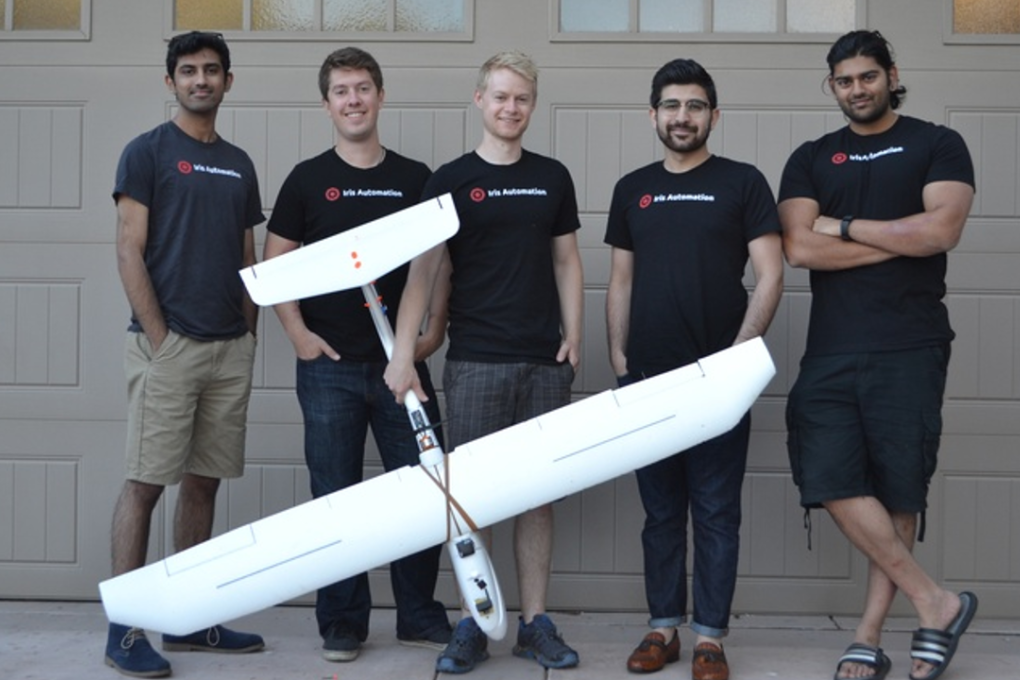Tighter federal drone rules could drive Canadian innovation
Tech companies potential beneficiaries of new restrictions on recreational use

Ottawa’s tough new drone regulations may mark a downward spiral for Canada’s recreational market. But the clouds may be clearing for researchers and private firms investing in unmanned aerial vehicle (UAV) innovations as regulators try to make the skies safer.
Federal Transportation Minister Marc Garneau announced last month restrictions that would ban recreational drones from flying higher than 90 metres; within 75 metres of buildings, vehicles or people; or within nine kilometres of any airport, heliport or aerodrome.
Violators could be fined up to C$3,000 (US$2,239).
“There’s a big problem in that regulation isn’t quite keeping up to technology development, and so we see a lot of people – especially on the consumer side – taking technology [and] using it in dangerous ways,” said Alex Harmsen, CEO of Iris Automation.
His vancouver-founded start-up is developing artificial-intelligence-powered anti-collision technology for UAVs. The endgame is to enable drones to fly autonomously by predicting and avoiding potential mid-air crashes with birds, planes or helicopters.
He said Transport Canada’s new regulations seem more like a “knee-jerk reaction” over concerns about the recreational industry and complaints over privacy and safety.